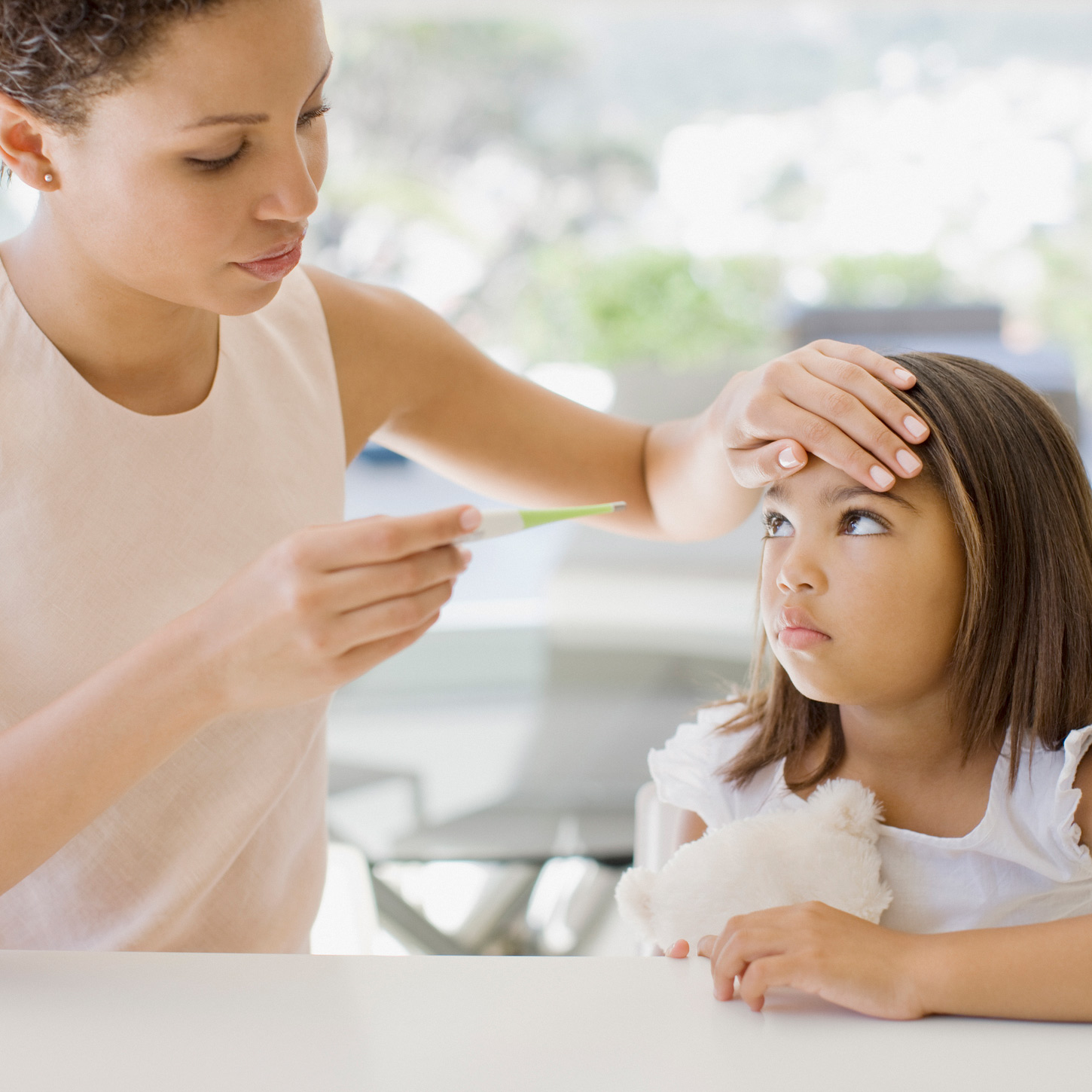What you can do to keep your child safe: smart strategies for avoiding child heatstroke in the car.
Tennessee summers are hot and this one is no exception. During this time of year, it is important to remember that heatstroke can and does happen to children left in hot cars. It can happen when it’s cool outside, in the shade and with the windows open. It can happen to good parents.
The most important thing to know, however, is that this is something every parent can prevent to protect their kids. The safety experts at Monroe Carell Jr. Children’s Hospital at Vanderbilt want you to know that every minute counts. Please look before you lock! (In other words, look in the back seat before you lock the car and walk away.)
Surprisingly, it does not take a drastic heat wave for heatstroke in a car to occur. The lowest outside temperature at which heatstroke can occur is 57 degrees Fahrenheit and it only takes 10 minutes for a car’s temperature to reach deadly degrees. Because a child’s body cannot regulate temperature as well as an adult’s, a child’s body heat rises three to five times faster. This makes children very susceptible and vulnerable when left in a hot car, even if only for a few minutes.
Already this year there have been 28 confirmed child vehicular heatstroke deaths in the United States. According to parent interviews done by Safe Kids Worldwide, leaving children in a hot car is not uncommon– 14 percent of parents interviewed reported having left their child alone inside of a parked car. Reasons for this vary from parents forgetting their child in the car, children playing alone in a hot car, and children being left to wait in the car on purpose, among other circumstances.
The most common reason for child heatstroke in a parked vehicle is a parent forgetting to remove a child from the car. While this is easily preventable, it can happen to any parent. Usually, parents will forget a child in the car when a daily routine is interrupted or changed. Whether or not you think something like this could happen to you, it is important to take precautionary measures. Setting a reminder on your phone or leaving an item you always take with you — purse, wallet, cellphone, even a shoe — in the backseat next to your child are great ideas. Remember that heatstroke can happen to anyone at any time.
Please read and share these important hot car safety tips:
- Call 911 immediately if you see an unattended child left in a hot car and then break into the car to save the child. You will not face legal or financial consequences if you first call 911.
- Never leave a child unattended in a vehicle, even with the window cracked.
- Set your cellphone or your computer to ask you a reminder question such as,“Did you drop your child off at child care today?”
- Ask your babysitter or child-care provider to call you if your child hasn’t arrived as scheduled.
- Place an item that you need at your destination in the backseat with your child such as a cellphone, laptop or purse.
- Always “look before you lock.” Get in the habit of checking the backseat every time you get out of the car. Check even if you know your child is not with you. This will make looking before you lock the car part of your normal routine.
- If your child is missing, check vehicles and trunks first.
- Teach your children never to play in any type of vehicle to prevent them from accidentally locking themselves in a vehicle without your knowledge. Lock all doors and windows to every vehicle parked at your house.
If you usually drop your child off at daycare or school at the same time every day, have the teacher/school call you to ask where the child is if it seems you are unusually late.
This post was written by Geeta Rao, a summer intern in the Injury Prevention Program at Monroe Carell Jr. Children’s Hospital at Vanderbilt. She attends Yale University.

Vanderbilt’s Children’s After-Hours Clinics offer the convenience of a walk-in clinic with care provided by a board-certified pediatrician from Children’s Hospital. No appointment is necessary, but we recommend calling your pediatrician first. Learn more about services and find locations for Children’s Hospital After-Hours Clinic here.

